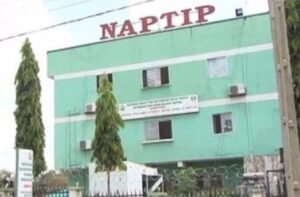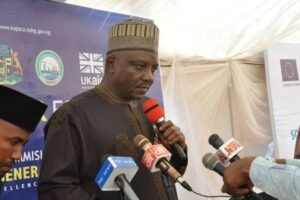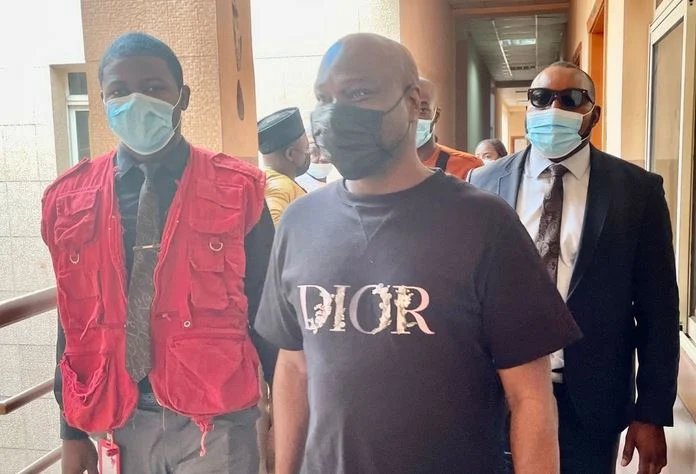The Christian Association of Nigeria (CAN) has clarified its position on the claims of a “Christian genocide” in the country, emphasizing that while many Christian communities have suffered violent attacks, its advocacy has always been guided by justice, peace, and truth.
CAN’s position was contained in a statement issued on Wednesday and signed by its president, Archbishop Daniel Okoh.
In a Fox News Digital interview, US Senator Ted Cruz accused Nigerian authorities of committing genocide against Christians and destroying thousands of churches.
Cruz claimed that over 52,000 Christians had been killed in Nigeria since 2009, with over 20,000 churches and Christian schools destroyed.
He also announced the introduction of the Nigeria Religious Freedom Accountability Act, a measure in the US Senate that seeks sanctions against those he claims are implicated in religious persecution.
Okoh stated that the group had watched recent discussions concerning faith and violence in Nigeria “with deep concern,” adding that many Christian communities, especially in the North, had indeed suffered “severe attacks, loss of life, and the destruction of places of worship.”
He did, however, note that the organization has long attempted to raise awareness about Christian persecution, both locally and abroad.
“CAN affirms, without hesitation, that many Christian communities in parts of Nigeria, especially in the North, have suffered severe attacks, loss of life, and the destruction of places of worship. These realities are painful reminders of the urgent need for government and security agencies to act decisively to protect every citizen, regardless of region.
“Over the years, CAN and the wider Christian community have worked tirelessly to draw attention, both nationally and internationally, to the persecution of Christians in Nigeria,” he said.
The body stated that its goal has always been to seek justice and protection, not to incite division or hatred.
He outlined the Association’s advocacy efforts, which included mechanisms for recording incidents of religiously motivated killings, collaboration with international partners, letters to the International Criminal Court in The Hague, and hosting global Christian organizations such as the World Evangelical Alliance and the Lausanne Movement.
CAN decried the denial of appeals for justice and protection, despite its constant calls, and urged the federal government to “take urgent, transparent, and equitable action to end the killings, safeguard vulnerable Christian communities from displacement, and ensure that perpetrators face the full weight of the law.”
The statement added, “These sustained efforts demonstrate CAN’s consistent advocacy for justice, peace, and the protection of Christian communities under threat. Our concern remains that these cries for justice and protection are too often met with delay or denial.
“We therefore renew our call on government and security agencies to take urgent, transparent, and equitable action to end the killings, safeguard vulnerable Christian communities from displacement, and ensure that perpetrators face the full weight of the law.”
Okoh emphasized that such efforts must be redoubled to ensure equitable protection for all, while also urging Christian leaders across the country to act with wisdom, unity, and faith, knowing that peace was too fragile to be taken for granted.
“CAN acknowledges the efforts of government and security agencies in responding to the nation’s security challenges, but urges that these efforts be redoubled towards equitable protection for all. It is equally imperative that perpetrators of violence are brought swiftly and transparently to justice.
“Nigeria’s healing will not come from denial or blame, but from courage: the courage to face our collective failures, to grieve together, and to rebuild trust within our communities. Only then can our nation rise from its wounds and embrace a future of genuine peace,” the statement concluded.










